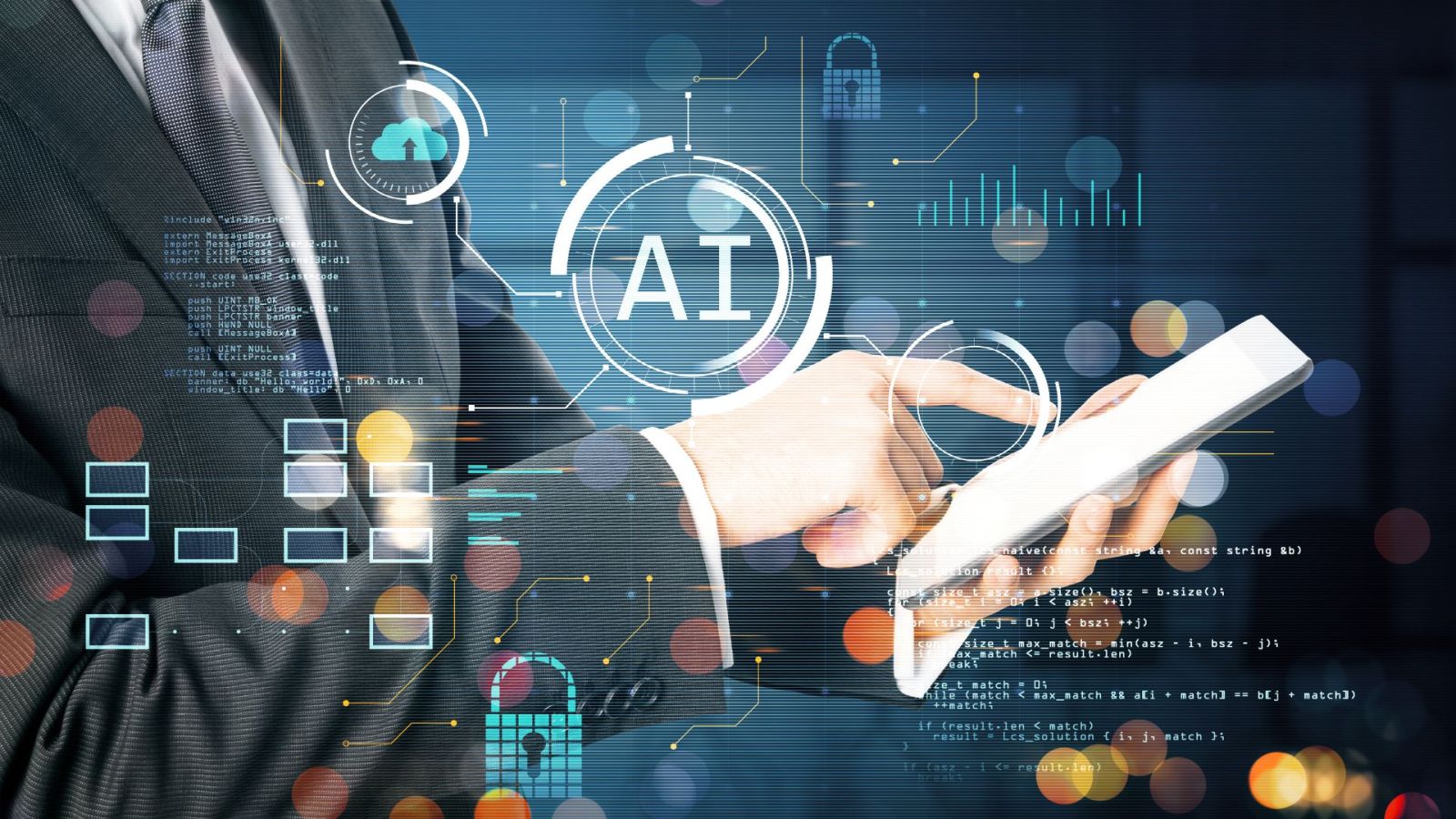
IPCC WGII TSU
The Intergovernmental Panel on Climate Change (IPCC) is a United Nations body responsible for assessing the science related to climate change. Working Group II (WGII) is one of the three working groups within the IPCC, focusing on assessing the vulnerability of socio-economic and natural systems to climate change, the negative and positive consequences of climate change, and the options for adapting to it. The IPCC WGII Technical Support Unit (TSU) plays a crucial role in providing administrative, technical, and logistical assistance to the co-chairs, authors, and review editors, ensuring the efficient preparation and review of WGII reports.
The Intergovernmental Panel on Climate Change (IPCC) faces significant challenges in IT governance, data governance, and AI governance. These issues have led to inefficiencies in managing IT resources, security, and compliance, hindering effective decision-making and exposing the organisation to ethical risks in AI applications. The project's objective was to establish comprehensive governance frameworks to manage IT resources, ensure data quality, and promote the ethical use of AI technologies.
The Intergovernmental Panel on Climate Change (IPCC) Working Group II (WGII), responsible for assessing the socio-economic and natural systems' vulnerability to climate change, has made significant strides in enhancing its operational efficiency and strategic decision-making capabilities through the Development of IT, Data and AI Governance Frameworks project. This project, spearheaded by the IPCC WGII Technical Support Unit (TSU), aimed to create comprehensive governance frameworks to manage IT resources, data quality, and the ethical use of AI technologies. The successful implementation of these frameworks marks a pivotal moment in the organisation's quest to remain at the forefront of climate change research and policy development.
Improved IT Resource Management and Compliance
One of the standout achievements of the project is the establishment of a robust IT governance framework. This framework has significantly streamlined the management of IT resources within the IPCC WGII TSU, leading to enhanced efficiency and security. By implementing standardised procedures and best practices, the framework ensures that IT operations are not only compliant with international standards but also optimised to support the critical functions of the organisation.
Enhanced Data Quality and Accessibility
The data governance framework developed through this project has had a profound impact on the quality and accessibility of data managed by the IPCC WGII TSU. By instituting rigorous data management protocols, the framework has improved the integrity, accuracy, and reliability of data, which is essential for informed decision-making and effective collaboration. Moreover, the enhanced data accessibility has facilitated smoother communication and data sharing among stakeholders, thereby fostering a more collaborative and transparent working environment.
Ethical and Transparent AI Utilisation
In addressing the complexities associated with AI technologies, the project team developed guidelines for AI governance that emphasise ethical considerations and accountability. These guidelines are grounded in key principles such as fairness, transparency, and continuous learning, ensuring that AI applications used by the IPCC WGII TSU are aligned with ethical standards and societal values. By mitigating AI-related risks and promoting responsible AI usage, the framework supports the organisation's commitment to ethical and sustainable practices.
Strategic Recommendations and Future Directions
The project has not only delivered foundational governance frameworks but also provided strategic recommendations for future advancements. Among them is the proposal to develop a unified governance framework overseen by a central body. This holistic approach aims to integrate IT, data, and AI governance under a cohesive structure, thereby enhancing coordination and oversight. Such a unified framework will enable the IPCC WGII TSU to adapt dynamically to the evolving technological landscape and maintain its leadership in climate change assessment.
The Development of IT, Data and AI Governance Frameworks project has had a transformative impact on the operational capabilities of the IPCC WGII TSU. By establishing comprehensive governance frameworks, the project has fortified the organisation's IT resource management, data quality, and ethical AI utilisation. These advancements will undoubtedly enhance the IPCC WGII's ability to assess climate change impacts and develop informed adaptation strategies, ultimately contributing to global efforts in combating climate change.
The positive implementation of these frameworks marks a pivotal moment in the organisation's quest to remain at the forefront of climate change research and policy development. The impact of the project is multifaceted:
- The IPCC Working Group II Technical Support Unit (WGII TSU) has begun implementing recommendations from the AI governance framework and best practices.
- These guidelines are being integrated into the onboarding process for lead authors, serving as a foundational resource for the responsible and effective use of Generative AI in their work towards the special report on climate change and cities (SRCities).
- The framework mitigates ethical and bias risks that unchecked adaptation of AI tools might present, thereby protecting the organisation's reputation.
This project has significantly enhanced the IPCC's governance in IT, data, and AI, ensuring a more efficient, secure, and ethical approach to technology management. By adopting these frameworks, the IPCC is better equipped to lead the global response to climate change, leveraging state-of-the-art governance structures to support informed decision-making and responsible AI usage. The project's success underscores the importance of comprehensive governance in maintaining the integrity and effectiveness of climate change assessment and policy development.
